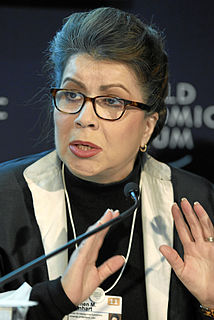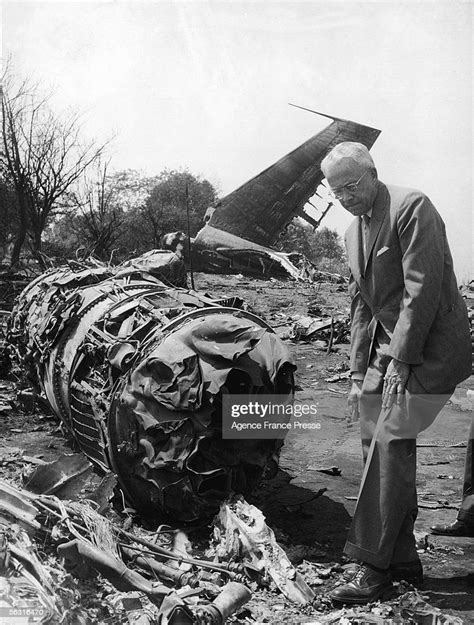A Quote by Natalie Dormer
That's part of what I touch on in my [UN] speech - when assaults happen on women and girls in these fragile countries, in these places of crisis, there isn't the psychosocial support. There aren't counseling services. It's not in a lot of cultures to explicitly talk about things that maybe have happened to the body. So, repression of emotion, and shame, and guilt is something that really needs to be handled in humanitarian crises.
Related Quotes
In many developing countries, girls don't go to school. They stay home. They are at the water wells, bringing water back and forth to the village. Or they are doing chores, preparing meals, farming. Some cultures think girls and women shouldn't be educated, and those are very often the places where the treatment of women and girls is the worst.
The essence of the this-time-is-different syndrome is...rooted in the firmly held belief that financial crises are things that happen to other people in other countries at other times; crises do not happen to us, here and now. We are doing things better, we are smarter, we have learned from past mistakes. The old rules of valuation no longer apply. Unfortunately, a highly leveraged economy can unwittingly be sitting with its back at the edge of a financial cliff for many years before chance and circumstance provoke a crisis of confidence that pushes it off.
I think the place maybe to watch with the greatest worry right at the moment, and to try to help the most, may be those parts of Africa around Somalia that are enduring a climate-caused and really record-breaking drought. It may be the greatest humanitarian crisis since the end of World War II. And of course, where humanitarian crises happen, so do political instability. This is the world that we're building and building fast. And it's the world that people are trying somehow to slow down. Trying very hard to bring down this fossil fuel machine before it does any more damage.
For even satire is a form of sympathy. It is the way our sympathy flows and recoils that really determines our lives. And here lies the vast importance of the novel, properly handled. It can inform and lead into new places our sympathy away in recoil from things gone dead. Therefore the novel, properly handled, can reveal the most secret places of life: for it is the passional secret places of life, above all, that the tide of sensitive awareness needs to ebb and flow, cleansing and freshening.


































